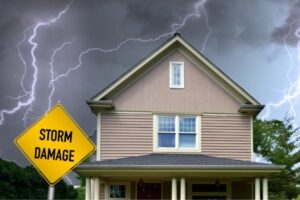Whether you are replacing, upgrading or installing a new roof, it is important to understand the type and class of material used.
1. Asphalt Shingles
Asphalt shingles are one of the most popular roofing materials, however, they are not as durable as other materials available today and because they are made from petroleum with fiberglass layering, they are not recyclable or eco-friendly.
Advantages:
- Available in a variety of colors
- One of the most inexpensive materials
Disadvantages:
- Poor insulator
- Short lifespan
2. Cedar Wood Shingles
Cedarwood shingles are the best cost-saving option. Cedarwood shingles are made from real natural wood, perfect for Victorian or Colonial-type homes. Besides their durability from extreme weather conditions, cedarwood shingles are energy-efficient and can provide insulation twice that of asphalt shingles.
Advantages:
- Energy efficient/eco-friendly
- Smart-looking appeal or classic style
- Wind resistant/highly durable
Disadvantages:
- Expensive installation
- Regular maintenance required
3. Clay/Concrete Tiles
Clay/concrete roofing tiles offer elegance, long-lasting aesthetics, agility, increased strength and protection to homeowners. These versatile tiles come in shingles, shakes, and slates and are available in several hues, shapes, textures, and styles.
Advantages:
- Aesthetic appeal
- Energy-efficient
- Highly durable
- Recyclable
- Resistant against fires and insects
- Several available options
Disadvantages:
- Expensive (compared to asphalt, metal, and wood)
- Heavyweight (additional framing)
4. Fiber Cement
Fiber-cement roofing is a combination of clay, concrete, and wood fiber. Appearing similar to shakes, fiber-cement material is strong and fire-resistant. When installed, they do not require heavy roof supporting structures because they are not as heavy as concrete tile. Fiber cement is available in a variety of colors and textures.
Advantages:
- Eco-friendly
- Fire-resistant
- Highly durable
Disadvantages:
- Heavy
- Sensitive to cold climates (cracks)
The ultimate care-free and maintenance-free roofing material with a lifespan of 5 decades or more. Metal roofing is becoming increasingly popular among residential properties in the United States due to its practicality, durability and strength.
Advantages:
- Highly energy-efficient/high insulation retention
- Lightweight/sleek
- Lowest maintenance
- No required replacement or repairs
- Resistant to changing weather, moisture, pests and rot
Disadvantages:
- Expensive
- Noisy during rainy days (if without solid sheathing in between)
6. Slate
Slate roofing is a stunner, usually seen on century old European structures. Slate is a stunner because of its distinctive appearance. Though heavy, it is non-leaching and may last for hundreds of years.
Advantages:
- Fire-resistant
- Highly durable
- Low maintenance
- Recyclable
Disadvantages:
- Expensive
- Heavy (extra framing)
- Requires installation specialization
7. Synthetic-Composite Shingles
Synthetic composite roofing shingles or tiles are made from a mixture of several commonly used materials including asphalt, fiberglass, clay, and recycled paper products. Synthetic composite roofing shingles or tiles are the modern-day roofing material.
Advantages:
- Fire-proof/rot-proof
- Highly resilient
- Light-weight
- Made from an engineered plastic component
- Weather resistant
Disadvantages:
- Expensive installation
8. Tile Roofing
Tile roofing is the time-tested roofing material. From ancient times until present, tile roofs have provided elegance, class, and prestige. There are four types of tile roofs namely traditional clay tiles, slate tiles, concrete tiles, and fiber-cement tiles with materials available in a wide range of colors, textures, and styles.
Advantages:
- Durable
- Energy efficient
- Recyclable
- Strong
Disadvantages:
- Expensive (compared to asphalt/metal/wood)
- Fragile
- Requires installation specialization
- Time-consuming
9. Wood Roofing
Wood roofing, available in shingles and shakes, is generally made from cedar because of its resistance to rot and insects. Shingles are smooth and cut by machines, while wooden shakes are handmade and rougher.
Advantages:
- Most eco-friendly/recyclable
- Natural insulator
Disadvantages:
- Expensive
- Hazardous
- High maintenance
- Vulnerable to moss and algae growth (humid/rainy climate)
Florida’s Roofing Experts
Sabal Construction and Roofing LLC provides high-quality and affordable roofing materials and services to residential and commercial businesses in Southwest Florida. Our team of roofing specialists install, repair and upgrade roofs with the leading roofing materials and techniques.
- Insurance Restoration Services
- Residential Roofing
- Commercial Roofing
Discover more calling Sabal Construction and Roofing LLC at (888) 591-8559 or visiting our website.













